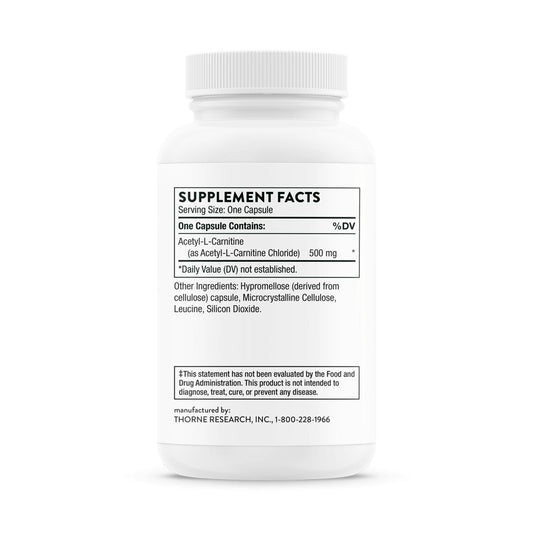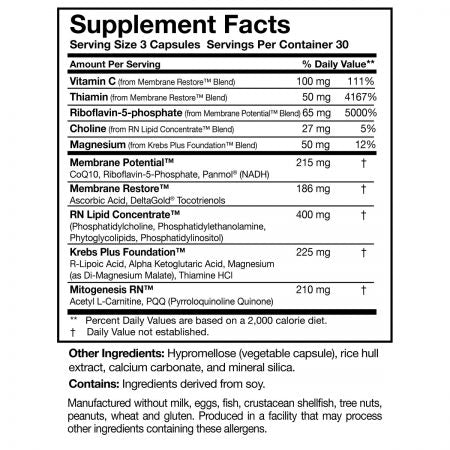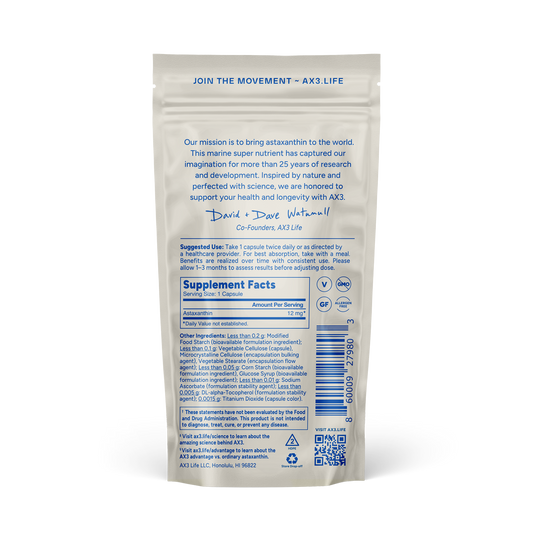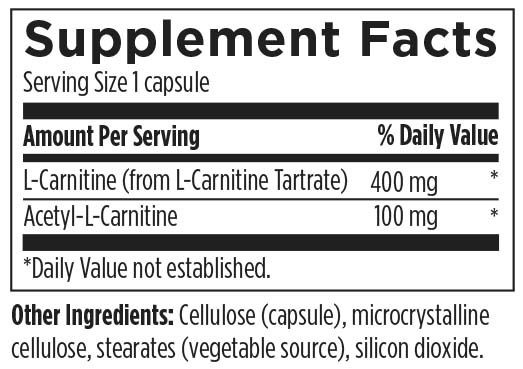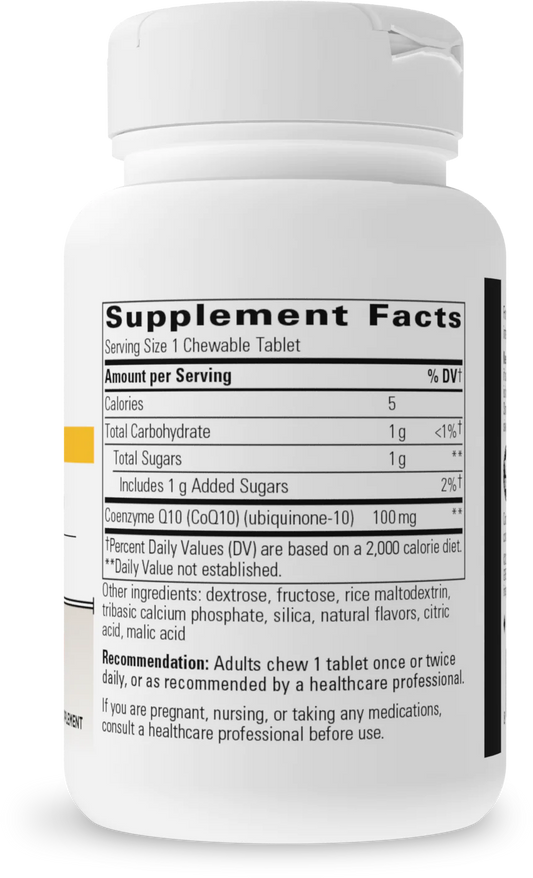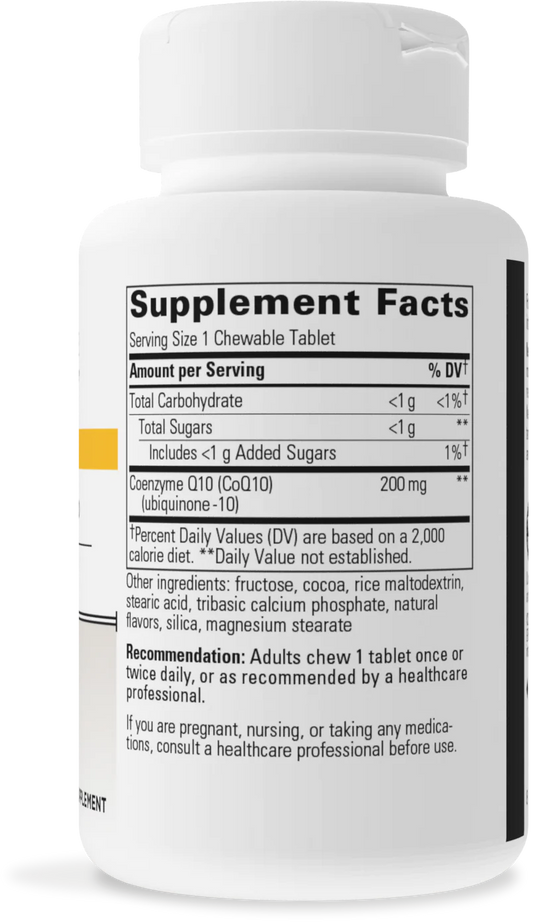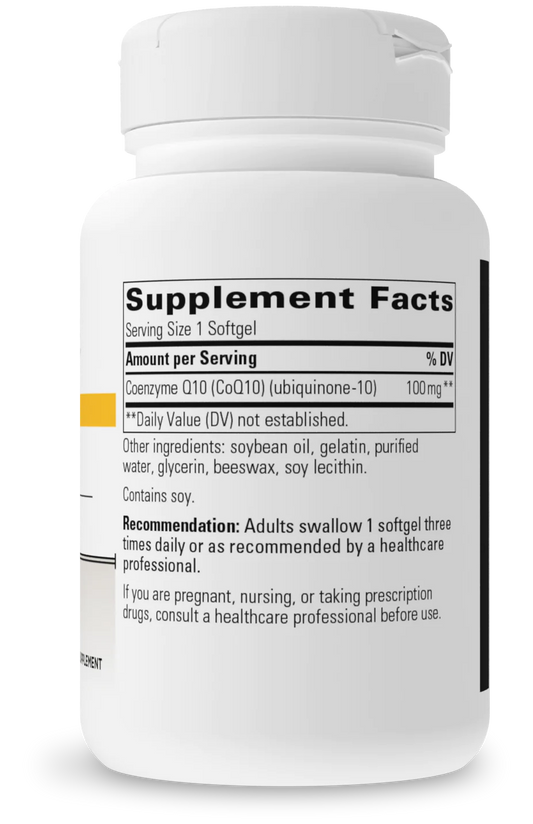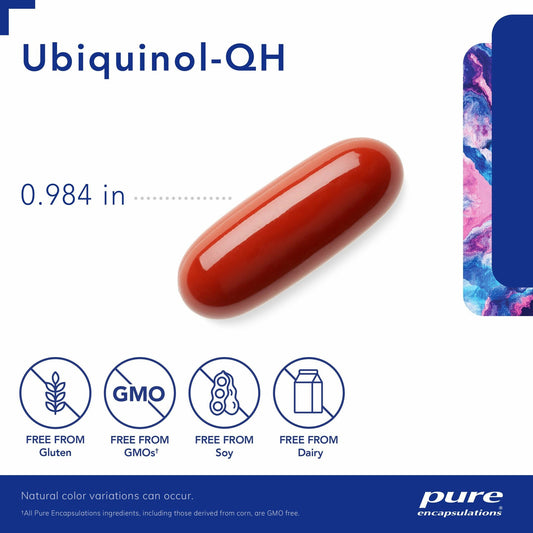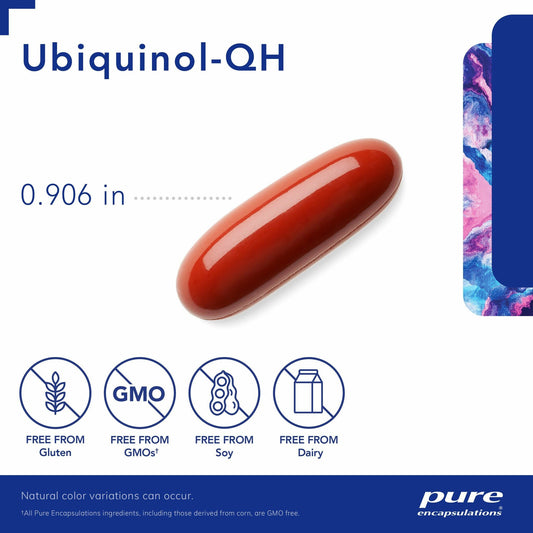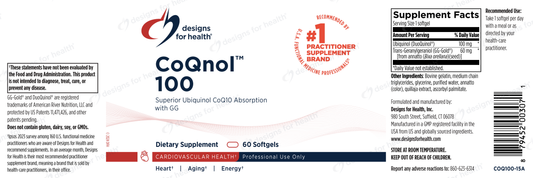Addressing the Root Cause of Depleted Energy

Fatigue is so prevalent that most people brush it off as a normal part of life—especially as they age—when, in reality, it’s often a telltale symptom of biological dysfunction that can lead to bigger problems down the road.
Lack of energy is the primary complaint in one in five primary care visits, and one of the most frequent questions I get from patients is, “Why do I feel so tired all the time?”
There are many reasons for this, nearly all of which can be traced back to our modern diet and lifestyle (e.g., nutritional deficiencies, imbalances in glucose, lack of sleep, psychological stress, and sleep disorders); however, one of the primary drivers of lack-of-energy complaints—particularly those associated with aging—has to do with the decline of our mitochondrial function.
What are mitochondria? Basically, they’re the cellular powerhouses that produce energy for every cell in our body. Each of our roughly thirty trillion cells depends on anywhere from hundreds to thousands of mitochondria, with the cells requiring the most energy, like those making up the heart and the brain, having the highest concentrations.
If our mitochondria are functioning optimally, our bodies can function optimally. But when mitochondrial function declines, that’s when we—and our trillions of essential cells—go into low power mode and struggle, or cease, to function.
The good news is that mitochondria are a renewable energy source, so we can repair, renew, and rebuild them by giving them what they need to function and removing the barriers that disrupt and slow them.
What Damages our Mitochondria?Mitochondria produce energy by combining raw materials from our diet (e.g., fats, sugars, and amino acids) with oxygen to make ATP (adenosine triphosphate), the “molecular currency” of intracellular energy transfer—or the “gasoline” our biological systems run on. But this process isn’t completely clean. Just as burning gas releases harmful emissions like carbon dioxide, carbon monoxide, and hydrocarbons, converting these raw materials into ATP creates exhaust in the form of reactive oxygen species (ROS).
In small amounts, ROS are necessary and beneficial, playing key roles in processes such as cell signaling and immune response; however, having too much of it can lead to an abundance of free radicals, oxidative stress, and mitochondrial decline and dysfunction—leading to organ damage, DNA mutations, chronic inflammation, and, of course, impaired energy production (hence the reason for fatigue and low-energy).
External factors such as chronic stress, alcohol abuse, and exposure to toxins such as heavy metals and pesticides can also increase the production of ROS, causing mitochondrial damage.
How to Repair, Renew, and Rebuild Mitochondria- Stop the Damage. The overproduction of ROS during energy production is directly proportional to the amount of sugar, refined carbohydrates, trans fats, and oxidized oils (especially from deep frying) in the diet—as they can damage mitochondria, increase oxidative stress, and reduce mitochondrial efficiency.
- Put out the Fire. In contrast, consuming whole foods rich in polyphenols and antioxidants (e.g., blueberries, pomegranate, nuts, broccoli, and green leafy vegetables) not only fuels cleaner energy production by reeling in the balance of ROS, free radicals, and oxidative stress but also combats oxidative stress and protects mitochondria from damage.
- Support the Cell and Mitochondrial Membranes. Similarly, healthy sources of omega-3 fatty acids such as wild-caught fish, flaxseeds, and walnuts can improve mitochondrial function and membrane health, while foods high in monounsaturated fats, like avocado and extra virgin olive oil, can protect against oxidative stress.
- Boost Energy Production. Specific vitamins, minerals, and other nutrients such as CoQ10, PQQ, alpha lipoic acid , NMN , and acetyl-L-carnitine also play critical roles in supporting mitochondrial health and function by ensuring optimal energy production, protecting against mitochondrial damage, and stimulating the production of new mitochondria—while also supporting energy and longevity.
- Clean Up Old Mitochondria and Create New Mitochondria. A groundbreaking longevity compound called urolithin A has also been clinically shown to support the crucial mitochondrial recycling process unlike any other nutrient. (Our bodies naturally create urolithin A from ellagitannins in foods like pomegranates, raspberries, and strawberries; however, fewer than half of the population can metabolize urolithin A from food sources, and you’d have to drink six servings of pomegranate juice to get a clinically supported amount.)
- Induce Autophagy and Mitophagy (or recycle old and damaged cells and mitochondria). It's also not just what we eat that impacts our mitochondrial health, but when we eat. So it’s just as important to give our bodies the right fuel at the right time. Unfortunately, most of us snack all day and night, never giving our bodies a rest so our cells can clean up waste and debris and recycle old parts, repairing and rebuilding old or damaged mitochondria. As a result, our cells are just as tired and burned out as we are. Fasting for twelve, fourteen, or sixteen hours between meals (for example, eating dinner at 6 PM and breakfast at 8 AM without snacks in between) can help improve the quantity of our mitochondria as well as their quality and functional capacity.
- Smart Exercise for Your Mitochondria. Finally, exercise is one of the best—and easiest—things we can do to support mitochondrial health. In particular, High-Intensity Interval Training (HITT), characterized by short bursts of intense exercise followed by rest or low-intensity periods, has been shown to rapidly increase the production and cleanup of mitochondria, while zone 2 training (light to moderate intensity cardio such as twenty minutes or more of brisk walking or stationary cycling) has been shown in increase mitochondrial volume and efficiency.
The bottom line is that fatigue doesn’t have to be a normal or inevitable part of aging—and is often a sign of declining mitochondrial function, which can be corrected to boost both your energy level and your lifespan.
References
- Maisel P, Baum E, Donner-Banzhoff N. Fatigue as the Chief Complaint–Epidemiology, Causes, Diagnosis, and Treatment. Dtsch Arztebl Int. 2021;118(33-34):566-576. doi:10.3238/arztebl.m2021.019
- Akbari M, Kirkwood TBL, Bohr VA. Mitochondria in the signaling pathways that control longevity and health span. Ageing Res Rev. 2019;54:100940. doi:10.1016/j.arr.2019.100940
- Tomita K, Kuwahara Y, Igarashi K, et al. Mitochondrial Dysfunction in Diseases, Longevity, and Treatment Resistance: Tuning Mitochondria Function as a Therapeutic Strategy. Genes (Basel). 2021;12(9):1348. Published 2021 Aug 29. doi:10.3390/genes12091348
- Hill S, Van Remmen H. Mitochondrial stress signaling in longevity: a new role for mitochondrial function in aging. Redox Biol. 2014;2:936-944. Published 2014 Jul 27. doi:10.1016/j.redox.2014.07.005
- Huertas JR, Casuso RA, Agustín PH, Cogliati S. Stay Fit, Stay Young: Mitochondria in Movement: The Role of Exercise in the New Mitochondrial Paradigm [published correction appears in Oxid Med Cell Longev. 2021 Jan 18;2021:9274841]. Oxid Med Cell Longev. 2019;2019:7058350. Published 2019 Jun 19. doi:10.1155/2019/7058350
- Kras KA, Hoffman N, Roust LR, Benjamin TR, DE Filippis EA, Katsanos CS. Adenosine Triphosphate Production of Muscle Mitochondria after Acute Exercise in Lean and Obese Humans. Med Sci Sports Exerc. 2019;51(3):445-45
Related Longevity Articles
-

-

-

-
 8 min read
8 min readFresh Starts and Fast Results: Your 10-Day Plan for the New Year
Diet & Nutrition Longevity -
 9 min read
9 min readAmerica’s New Dietary Guidelines Get the Big Picture Right—and That’s a Big Deal
Diet & Nutrition Longevity -

-

-

Energy (Mitochondrial) Support
-
Acetyl-L-Carnitine
Regular price $32.00 / 60 CapsulesRegular priceUnit price / per -
AX3® Bio-Pure Astaxanthin
Regular price $50.00 / 60 capsulesRegular priceUnit price / per -
Carnitine Synergy (D)
Regular price $84.99 / 120 CapsulesRegular priceUnit price / per -
CoQ10 (Vitaline) 100mg,Tropical Fruit
Regular price $33.00 / 30 Chewable TabletsRegular priceUnit price / per -
CoQ10 (Vitaline) 200mg, Chocolate
Regular price $66.00 / 30 WafersRegular priceUnit price / per -
CoQ10 100mg
Regular price $43.00 / 60 SoftgelsRegular priceUnit price / per -
CoQ10 ST® 100 mg
Regular price $65.50 / 60 Softgel CapsulesRegular priceUnit price / per -
CoQ10: Ubiquinol QH: 100 mg
Regular price $99.00 / 60 SoftgelsRegular priceUnit price / per -
CoQ10: Ubiquinol QH: 200 mg
Regular price $172.00 / 60 SoftgelsRegular priceUnit price / per -
CoQnol 100
Regular price $50.99 / 60 Softgel CapsulesRegular priceUnit price / per -

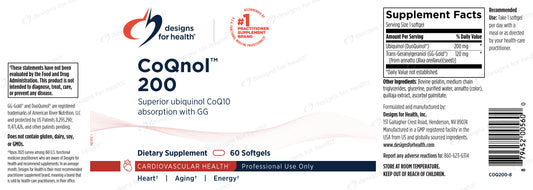 Sold out
Sold outCoQnol 200
Regular price $83.49 / 60 SoftgelsRegular priceUnit price / per
Login
- Choosing a selection results in a full page refresh.
- Opens in a new window.









